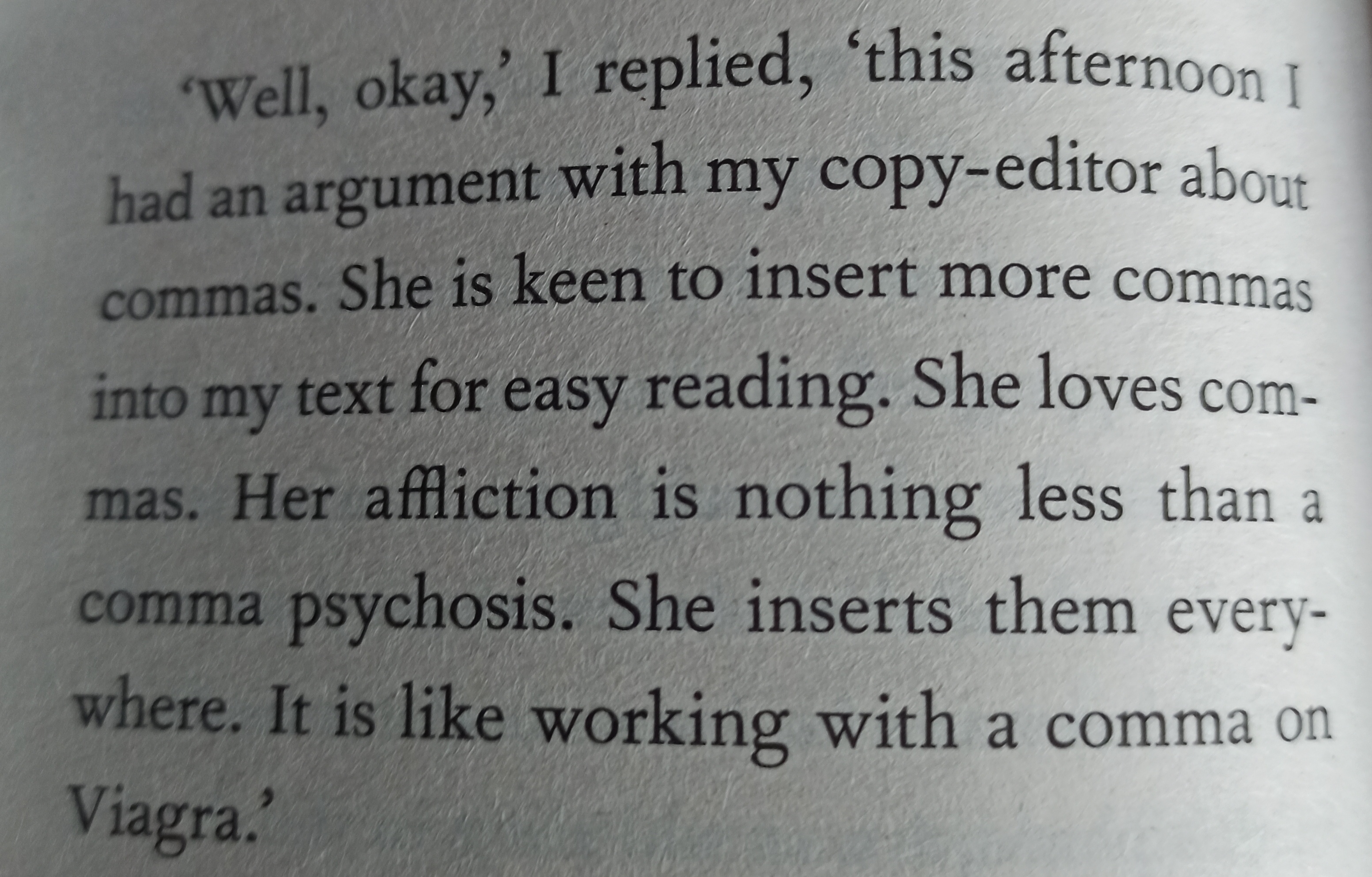Three books by Deborah Levy
I always read a lot, mostly fiction and history. Weird topics ranging from Byzantine Empire to the history of western expansion in North America, or that of anything that has ever floated. You cannot imagine how many books are there about Canadian history—I have a full shelf of those. Or, have you ever wondered how the oars worked in ancient galleys? Sources speak about biremes and triremes (two and three rows of oars), then quadriremes, quinqueremes, and hexiremes, which are often said to have had four, five, and six rows. Modern galleys, say from the XVIth century, had a single row. The problem with ancient galleys is that if you want six rows, the upper oars would need to be so long and heavy that they’d be impossible to move: they would have to reach the water without crashing into the lower ones. For a long time, it was actually unclear whether galleys with even three banks of oars had ever existed—until a group of British historians built, with the Greek Navy, a trireme, proving that it was actually workable. I think nobody really knows what was a quiquereme. If you’re interested in this topic, check out The Athenian Trireme. I’ve read many weird books like that one.
After years mostly reading non-fiction, this year has all been about fiction. I don’t know why. I got recommendations from friends, my mother, and the people working at the Librerie Greenwich. Mostly on authors off my radar. When you spend your time reading books about Athenian triremes, names like Claire Keegan, Sigrid Nunez, Rachel Cusk, or Penelope Lively don’t come up naturally.
At some point I decided to grow my pool of recommenders and asked ChatGPT for advice. I said something about some books I had recently read, some which I liked and others I didn’t, and I don’t remember exactly what it said, but it hit the spot. It, the thing, ChatGPT, don’t know how to call it, pointed out that all of the books I mentioned liking were written by women and suggested Deborah Levy’s “The Cost of Living”.


Things I Don’t Want to Know, The Cost of Living, and Real Estate are autobiographical. In “Things I Don’t Want to Know”, Levy writes about her childhood in South Africa, ending when she and her family move to London. “The Cost of Living” covers the period just after her divorce, when she moved with her daughters into a flat with horrible corridors and was worried about making enough money by writing. “Real Estate” is about the time when her daughters are leaving for college. These half-line summaries don’t do justice to these three books—they’re truly fantastic.

All three are explicitly feminist, with frequent alusions to the roles that men impose on women, the expectations that society has, and how all this limits and stops women of being themselves. But Levy writes about that in way that speaks to everybody. Without wanting to deny or minimize the particular burdens of women, a lot of what she talks about is something we all can relate to. Who has not felt trapped by expectations or by the role they have grown in? These three books by Deborah Levy are universal. Beyond that, they contains brilliant pages and pragraphs like the ones I included in this post.
A personal note: in school I hated writing about the books we had to read, and I never practised it afterwards—neither writing about books, nor explaining why I liked or didn’t like them. According to my mother, if I liked something, all I said were things like increible, impresionante, cojonudo. So, I feel rather self-conscious writing about books, mostly because I’m know I’m not doing them justice. But there you go.